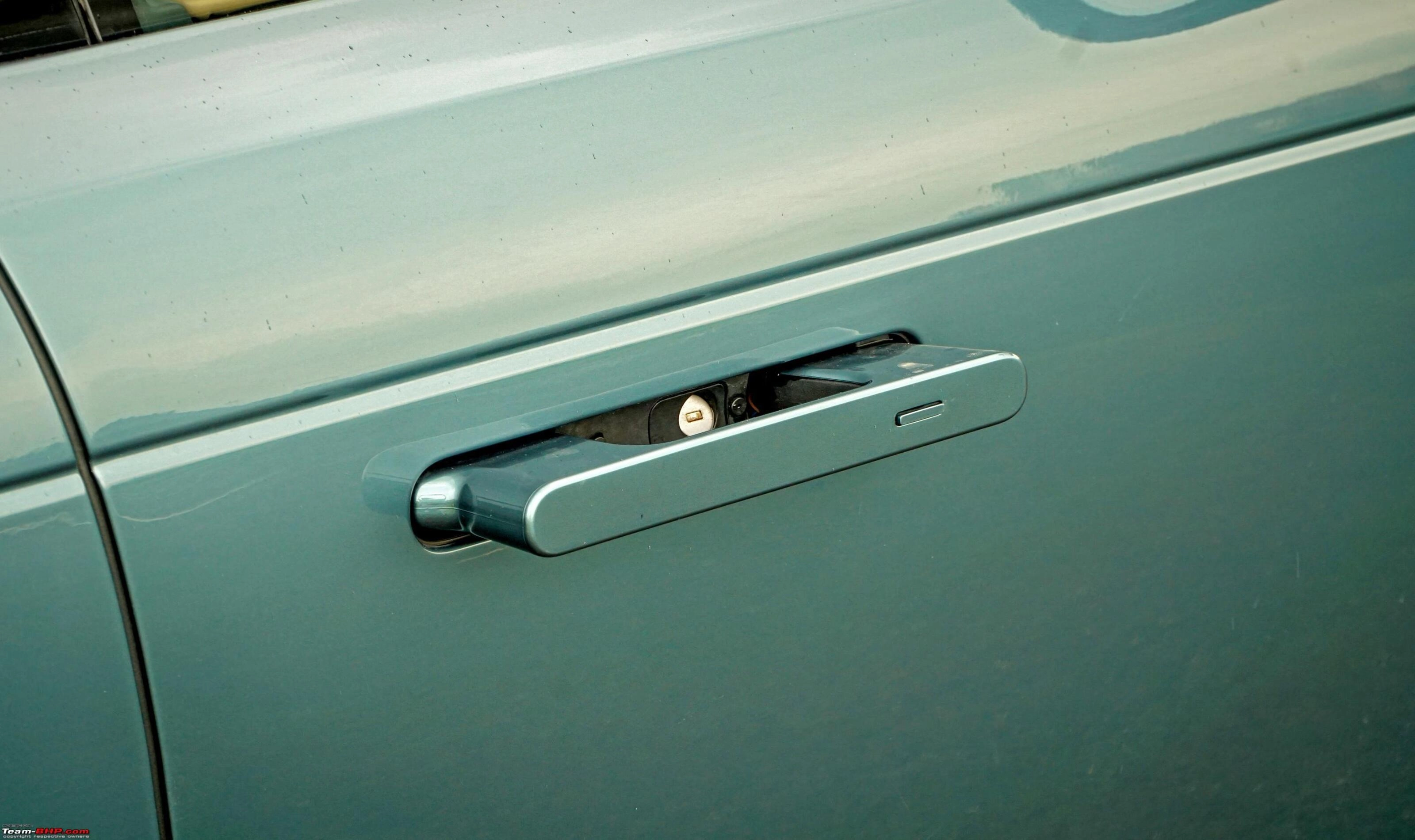India's thinking about a smoother ride for UK electric vehicles, all in the name of a free-trade deal. Insiders spill the beans, saying New Delhi might slash import taxes to seal the deal by year-end. Right now, India's got a range of taxes for cars, and if you're getting one from overseas in pieces, the tax dance goes from 15% to 35%.
In the world's most populous country, electric vehicle demand's on the rise, especially among the middle class and the well-off. But, hold your horses – high car costs, limited choices, and a scarcity of charging stations are slamming the brakes on EV adoption. Opening up this market could be the green light for cleaner transport in a place with some of the world's nastiest air.
Now, in a market where every rupee counts, Tata Motors' Nexon.ev, India's top-selling electric car, is priced under 15 lakh rupees ($18,000). But, if you're into German luxury wheels like BMW, Mercedes-Benz, or Audi, you're looking at over 66 lakh rupees. Talk about a price jump!
Modi's government is playing it safe on the EV import scene. They're eyeing a homegrown EV industry and have even thrown $3.1 billion at it in a production-linked incentive program announced in 2021.
The free trade deal with the UK could be the game-changer, aiming to double trade by 2030 through lower tariffs and wider market access. But, here's the twist – it seems like the UK might be getting the better end of the deal. And when the ink's dry, this India-UK FTA could set the stage for one with the European Union.
While the deal's cooking, India's still figuring out its stance on import duties for electric vehicles. As of FY2024, electric rides are just a modest 1.6% of the Indian passenger vehicle market. Last year, only around 49,800 EVs hit the road out of 3.8 million passenger vehicles. Blame it on the hefty 70% import duty on fully assembled imported premium cars like Hyundai’s Ioniq 5, Kia’s EV6, and the BYD Atto 3. Plus, EVs over 35 lakhs rupees get a whopping 100% duty tag. Let's see how this trade tale unfolds!





.webp)
.jpg)